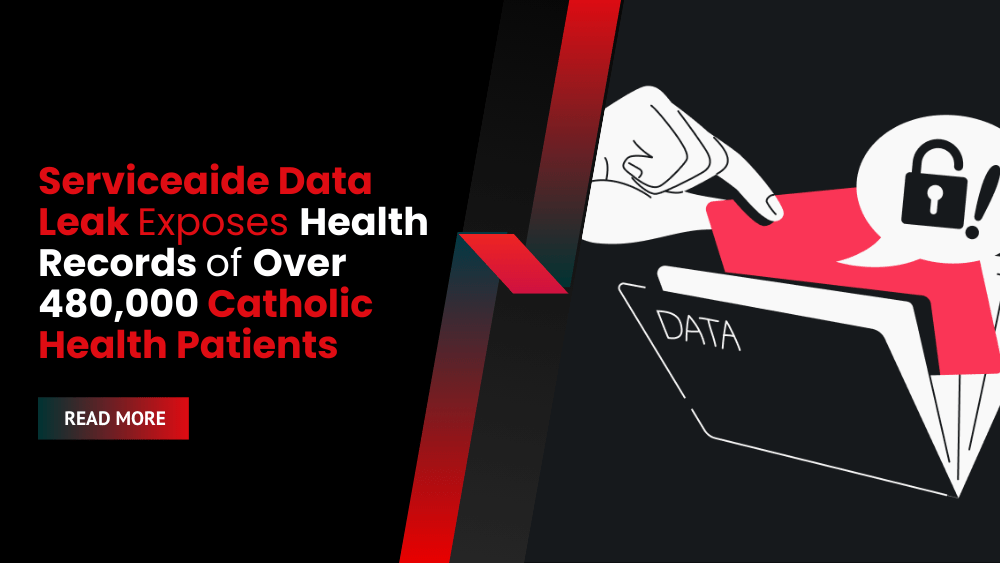Serviceaide, a U.S.-based software provider, has disclosed a data security incident that resulted in the exposure of sensitive patient information belonging to more than 480,000 individuals associated with Catholic Health, a prominent healthcare provider. The incident stemmed from a misconfigured Elasticsearch database that was left accessible to the public internet between September and November 2024.
According to Serviceaide, the exposed data repository contained information they hosted on behalf of Catholic Health. Upon discovering the issue in November, the company stated it took immediate action to secure the database and launched an internal investigation.
Highly Sensitive Patient Data Left Publicly Accessible
The breached database reportedly included an extensive range of protected health information (PHI) and personally identifiable information (PII), exposing patients to potential identity fraud and targeted cyberattacks. The leaked data included:
- Names
- Social Security numbers
- Dates of birth
- Medical record numbers
- Patient account numbers
- Health insurance details
- Treatment and prescription records
- Clinical notes
- Provider names and locations
- Email addresses, usernames, and passwords
Although Serviceaide has not confirmed any evidence of malicious access or data misuse, it admitted it “cannot rule out this type of activity.” The company has begun notifying affected individuals and providing guidance on protective measures.
HHS Breach Portal Confirms Scope of Incident
While Serviceaide’s public statement did not specify the total number of individuals impacted, data from the U.S. Department of Health and Human Services (HHS) breach portal lists the number at 483,426. The breach is categorized as an “unauthorized access or disclosure” incident rather than a deliberate cyberattack or IT intrusion.
The classification suggests the exposure was due to internal misconfiguration rather than external exploitation, a common issue when managing large cloud-based databases such as Elasticsearch clusters.
Medical Data a High-Value Target in Cybercrime Ecosystems
Health data remains one of the most lucrative assets in the underground cybercrime economy due to its immutability and detailed nature. Unlike passwords or credit card numbers, personal medical histories, insurance data, and Social Security numbers are often permanently tied to an individual.
This kind of data can be used to orchestrate a wide range of fraud tactics, including:
- Opening fraudulent credit accounts
- Medical identity theft
- Sophisticated phishing campaigns
- Loan applications under false identities
By combining health information with other breached data sets, cybercriminals can build highly accurate digital profiles of victims, making social engineering attacks harder to detect and easier to execute.
Serviceaide Initiates Remediation and Notification Efforts
In response to the incident, Serviceaide has implemented additional security controls to prevent similar exposures in the future. The company has also begun sending out breach notification letters to affected individuals in accordance with HIPAA and state data breach notification laws.
Serviceaide reminded consumers that under federal law, individuals are entitled to one free credit report annually from each of the major credit bureaus: Equifax, Experian, and TransUnion. Patients impacted by the breach are being urged to monitor their credit activity and consider placing fraud alerts or credit freezes if they detect suspicious behavior.









